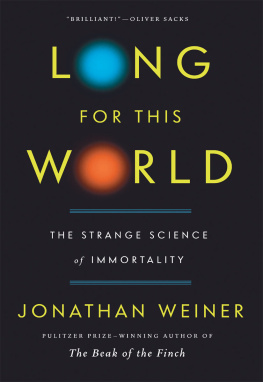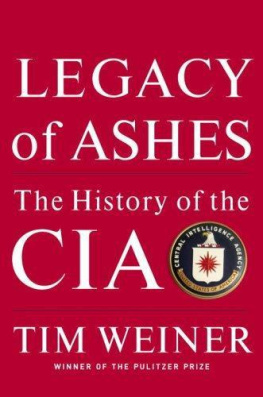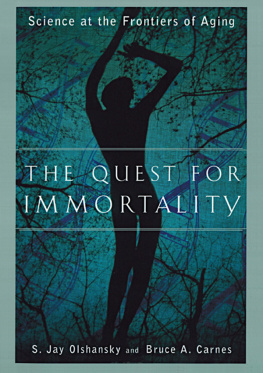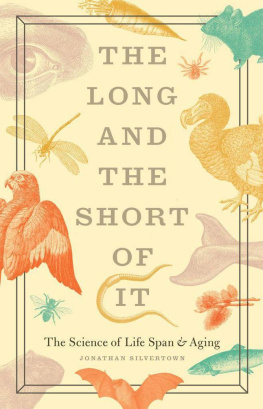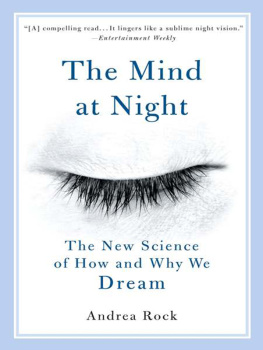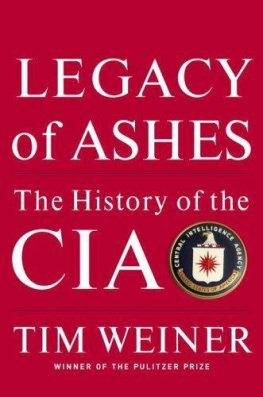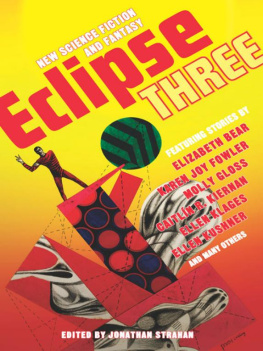Late August, late afternoon, cloudy-bright.
Wed taken a corner table at the Eagle, just inside the red door on Benet Street. From there, the taverns windows looked across to the tower of St. Benets Parish Church, the oldest tower in the town of Cambridge and the county of Cambridgeshire. The churchs foundation stones were laid almost a thousand years ago, when England was ruled by King Canute, son of the Viking King Sweyn Forkbeard, distant descendant of Gorm the Old.
A tavern stood across from that church tower in the year 1353, with beer for three gallons a pennywith shops and markets up and down the street, then as now, and around the corner the spires of the University of Cambridge, pointing at the same cloudy English sky. During the reign of Queen Elizabeth the First, the tavern was called the Eagle and Child. Elizabethan scholars would have stared up at its gently swaying signboard and (gently swaying themselves) remembered the myth of Zeus, who swooped from the clouds in the shape of an eagle, caught a child named Ganymede, and flew him off to Mount Olympus to serve as the gods cupbearer, one of the immortals.
Wed been talking for an hour or two. The Eagle had been almost empty when we sat down. Now from the courtyard and the barrooms beyond we could hear more and more voices rising, glasses clinking. In the year 1940, in one of those barrooms, young pilots of the Royal Air Force who could not be sure they would come back placed chairs on tables, stood on the chairs, raised their cigarette lighters, and wrote their names on the ceiling with the soot of the flames. In another barroom, in the year 1953, two young biologists at the university used to meet over ale when they finished work at the Cavendish Laboratories, a few minutes stroll down the lane past the church. James Watson and Francis Crick were trying to solve the structure of DNA, and hoping (they were not yet quite sure) that theyd figured it out. So, Watson confesses in his memoir The Double Helix , I felt a bit queasy when Francis went winging into the Eagle to shout that we had found the secret of life.
The Eagle remembers the pilots, and Churchills praise: Never in the field of human conflict was so much owed by so many to so few. And in the DNA barroom, the present management has engraved a line from Watsons memoir on the panes of the glass door: I enjoyed Francis Cricks words, even though they lacked the casual sense of understatement known to be the correct way to behave in Cambridge.
Before the year 1500, when the College of Corpus Christi and the Blessed Virgin Mary, which is the nearest college of the university, built a chapel of its own, many of the schools dons and scholars would have begun their days in the parish church and ended their days in the tavern.
In the church, the prayers of the ages: For this corruptible must put on incorruption, and this mortal must put on immortality .
In the tavern, the toasts of the ages: May you enter heaven late! May you live a hundred years! May you always drink from a full glass!
They prayed for long life in the pews and they proposed long life in the pub, being the same mortals from morning to night.
When you start talkin about five-hundred-year humanssaid Aubrey David Nicholas Jasper de Greyfive-hundred-year humans, or one- thousan -year humans, most members of the general public get a lil bit nervous .
Aubrey was enjoying his fourth pint of ale at the Eagle, with dinnertime still some distance away.
This was our farewell drink. Id spent most of the summer in London, and quite a few hours in Cambridge, listening to Aubrey over pints of ale. Id heard him predict five hundred years for us, Id heard him give us a thousand years, hed hinted about a million years. Hed foreseen the coming of this new age of man in fifty years, or even as swiftly as fifteen. Now, because this was goodbye, Aubrey was trying to summarize his views, and to convert me once and for all, and I couldnt turn the pages of my notebook fast enough to keep up with him. I kept raising my hand to stop him while I scribbled, and while I scribbled he drank.
Tap, tap, tap went Aubreys glass against the table, according to the sober testimony of my voice recorder. Id placed it on his side of the table, by the cascades of his enormously long brown beard. From there it picked up every word, slurred or notalong with each groan and mortal screech of chairlegs and barstools against floorboards, and the frequent moments when Aubrey refreshed his voice and set down his pint.
I mean, you have to appreciate the scale of this, Aubrey said.
It never leaves my mind. Think of it, he said: one hundred thousand human beings die of the infirmities of old age every single day. One hundred thousand lives! Im at the spearhead of the most important endeavor humanity is engaged in. Not easy to do, even though I dont often show it, he said, looking off. His face was struck by the late cloudy light from the windows of the Eagle, like a gibbous moon, three parts bright and one part in shadow.
Tap .
At a table near ours, a few people from the university explained to a guest, Cheers! It means, Heres to your health . Their guest returned with his own toast in a language that sounded Central European. It meant, To life! In 1940, the airmen of the RAF defended London and bombed Berlin. Now a sign on the wall warned No Smoking in English, French, Spanish, Japanese, and German.
I should probably expand on that. You know, cuz people occasionally ask me about it, you know, how I cope with thethe responsibility , if you like, Aubrey said, with a small, apologetic chuckle.
Basically I just feel that Ive got to put things out of my mind and get on with it. I just dont think about it. This is my fourth beer, you may have noticed.
Pause. Tap .
And that helps, quite honestly. I do not like to think about it.
Tap .
Gravely he looked off again into the distance, toward the windows on Benet Street, stroking his beard. I had the feeling of watching a stage performance that Id seen before. Aubrey had to be forgiven if he lost track of the speeches that hed already made to me. He was talking with so many people around the world that he could hardly be expected to keep track of which speech he made when. But I felt sure hed made this particular speech to me in another tavern with exactly the same lonely haunted stare into the distance. Was it here at the Eagle, over Abbot Ale? At the Tabard Inn, in Washington, over Foggy Bottom Ale? The Live & Let Live, in Cambridge, over Nethergate Umbel? My memory was getting a bit hazy. Somewhere before, hed shown me this same look of agony, his secret anguish presented for my private viewing, with just the same half-turned head, looking aside and one-quarter down, the same phase of the moon. And watching him stare out the window, I felt sure that he had made the same speech in the same way with that same tilt of the head to many others by now. I had a sense of the crowd gathering around him.
Aubrey had stepped into the role that seems to open up again and again, the role of the prophet or sage who declares that we do not have to die, that we can be among the saved if we will follow him to safety. The same character in every agean immortal character who is reborn endlessly, who has probably appeared more than once right there in that very tavern, given its own longevity, and the power of our longings.
Friends of mine, distinguished biologists, were a bit shocked to hear that I was talking with Aubrey de Grey. One of them warned me that if I listened to Aubrey I would be making a martyr out of a molehill. But I didnt see Aubrey as either of those things; and I didnt think he was mad, either. Of course, he did drink. He admitted that himself. He had a long beardbut if you were charitable, you could say he wore that as a badge of office, the way an old-fashioned doctor would wear a white coat and a stethoscope. He really was highly intelligent, and he knew his field. He published papers with good people. He organized conferences, and respectable biologists came, and afterward some of them sat with him in the Eagle, too, listening and arguing. All in all, Aubrey was a remarkable phenomenon, a complicated mix of old and new, preposterous and plausible, practical and paradoxical, neither fish nor fowl. You could dismiss him with a laugh, but you would be wrong. In all these ways he was not unlike the field itself.

